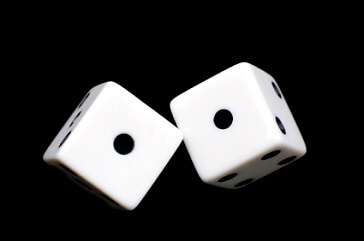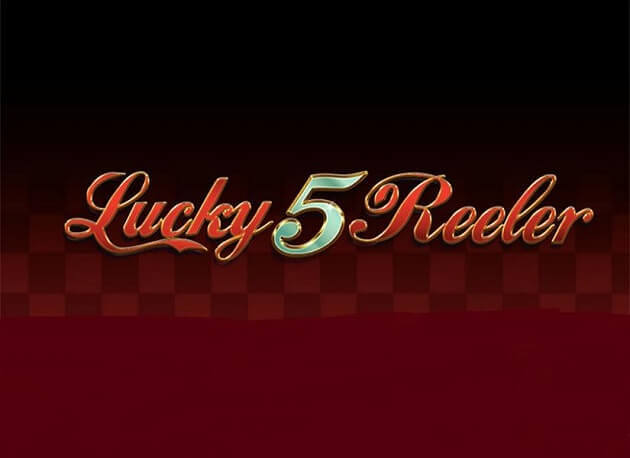Snake Eyes
Virtually everyone is familiar with the term snake eyes, which has become synonymous for meaning a total and complete loss, or landing up in a situation that there is no reasonable way out of. The origin of the term, of course, comes from diced based games, and dates back as far as ancient Rome. The modern term snake eyes has been used since about the 1930s.
So why does the term exist?
The likelihood of rolling two ones with a pair of dice is extremely low, one in thirty six, and normally has a negative effect for the dice roller. Hence, the rare event that generally spelled misery for players gained notoriety, and was named after the resemblance to the dice as a pair of eyes. Interestingly, a pair of sixes is as rare as a pair of ones, and is often a good result for players, but has not gained the same notoriety. In the popular game of craps, the term is most prevalent.

Understanding Craps And Dice Games
In craps a player, referred to as a shooter, is required to roll a pair of dice, hoping to land a seven or eleven in any combination of the two dice. If seven or eleven are rolled, the shooter instantly wins, as well as all spectators who have placed bets on this outcome. If, however, the shooter rolls a two, three, or twelve, it is an instant loss.
Should the shooter roll any other number, besides those mentioned above, that number must be rolled again before a seven is rolled, in order for the shooter to win. So why the emphasis on two aces? As with roulette, players of craps may bet on a specific outcome in order to win. That is to say, the shooter does not have to win in order for bets on the results of the dice to payout. So the shooter may lose, but bet makers may still win, if they bet on the shooter losing.
Snake eyes, however, is a result that is excluded from other betting options, meaning that the result must specifically be bet on in order for any payouts to be made. The same is true for the zero pocket in roulette. Hence, it is extremely unlikely that any bets ever be won with the dice landing on two aces. Plus, even if a bet maker has bet on snake eyes, and wins, the payout is not as much as it should be based on the odds of the occurrence.
House Edge
Casinos are not in the business of giving away money, and so gambling games require a house edge, or a statistical number by which the casino always wins. In craps snake eyes represent the house edge, as well as the zero pocket in roulette. A house edge may not seem like a lot, but over time will always add up to revenue for the casino, an enormous amount given how many bets are made in casino in a single night. In craps the house edge, simplified, is about eleven percent. Seemingly not a huge amount. Keep in mind, however, that in traditional European roulette, not the altered American version, the house edge is just under three percent. The real trick of gambling is finding the game with least prevalent version of snake eyes.


